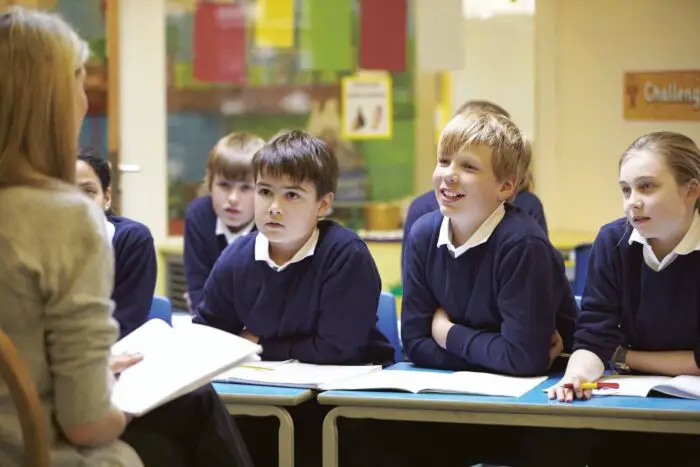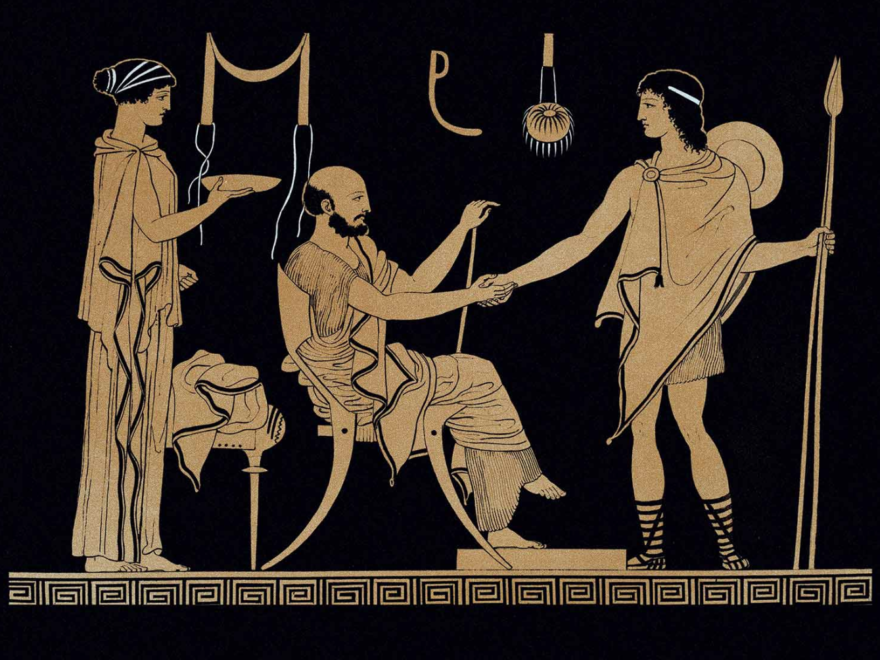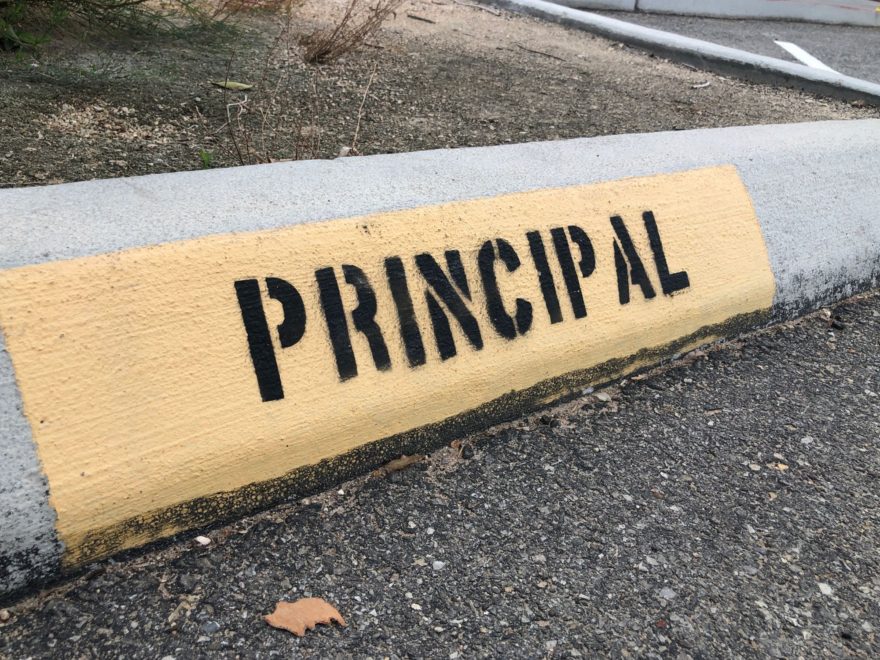Category: Educational Leadership
-

5 Elements of Faculty Culture for a New School to Implement on Day 1
With the skyrocketing number of new classical schools opening each year in the United States and beyond, the launch teams for these schools are no doubt busy working to prepare for the first day of school. On the one hand, this inaugural day probably feels far away yet. But on the other hand, for these…
-

The Goal of School Education
What is the goal of school education? This is a foundational question that demands an answer. Organizations are complex entities with moving and disparate parts. Schools are no exception. Facilities, insurance, safety, technology, admissions, marketing, communications, and development are all essential functions of school operations, and I have yet to even mention academics. Each department…
-

An Educational Renaissance for the Development Shop
The purpose of Educational Renaissance is to promote a rebirth of ancient wisdom for the modern era. Through synthesizing the insights of the great philosophers of education across time and place with contemporary findings in modern research, we aspire to serve fellow educators in the worthy calling to educate future generations for the good of…
-

Ending the Year with a Strong Parent Partnership
One key end-of-the-year objective for teachers is to bring parent partnerships to a positive conclusion. All year long teachers have worked diligently to facilitate these relationships. From first contact at a back-to-school event to parent-teacher conferences to ad hoc meetings, teachers have likely interfaced with parents on a number of occasions. To end the year…
-

Building Culture: The Architecture of a Successful Classroom
Previously I explored how we can create culture in our classrooms to foster growth in habits through the installation of rich values that inspire students to reach for personal excellence. Since then, I have had many opportunities to further my thinking and interact with even more perspectives to equip teachers to lead their students towards…
-

Refining the Mission for an Aligned Community
In organizational development, scholars often make the distinction between an organization’s vision and mission. While there are numerous ways to differentiate between the two, generally speaking, an organization’s vision is an inspirational picture of the future. It is the aspirational end state that comes from asking the question, “What if the world could be different?…
-

3 Leadership Books for Teachers
Teachers are the leaders of their classrooms. Now, this may seem obvious (who else would be in charge?), so let me explain. Teachers are responsible for the execution of classroom objectives and the development of their students. In a healthy school, they are given the freedom and responsibility, within a broader structure of administrative oversight,…
-

Creating Culture: The Ultimate Habit Training Tool
The lily of the valley (Convallaria majalis) is such a lovely plant. By all appearances it is a delicate flowering plant. Dunbar refers to “the Lily of the Valley | With its soft, retiring ways.” in his poem “Lily of the Valley” (1913). Despite its appearance and reputation, the heartiness of the plant is one…
-

So, You Think You Want to be a Principal…
School Principal Job Description Unclogging toilets and mopping up sewage in the restrooms of your new facility Setting up hundreds of chairs for an event on your own because you know you can’t ask any more of your teachers or volunteers Subbing for Calculus one day and Kindergarten the next, outside of your comfort zone…
-

7 Notable Schools: Educational Renewal across the Globe
I visited Ireland a few weeks ago and met with a group of homeschool parents just outside Dublin. As I was presenting on Charlotte Mason’s method of narration, it struck me that the principles and values of our educational renewal movement are not beholden to one single culture. Across the globe a Christian liberal arts…
